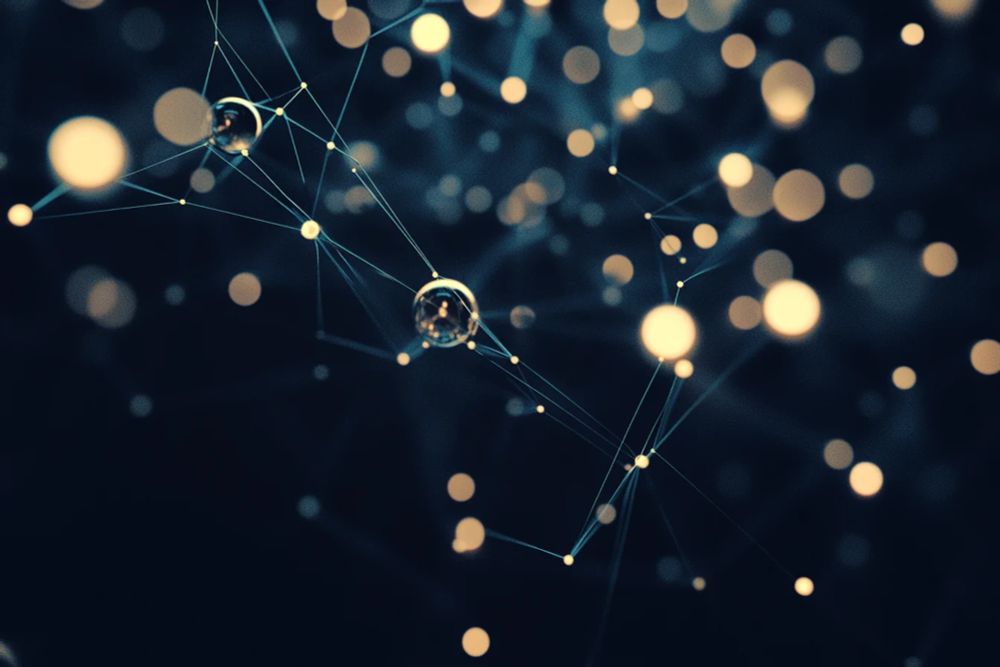
Many believe that recent authoritarian rhetoric in the United States is a sudden departure from a historically secure democracy. But has it ever been as stable as we think?
advances.in/psychology/1...

Many believe that recent authoritarian rhetoric in the United States is a sudden departure from a historically secure democracy. But has it ever been as stable as we think?
advances.in/psychology/1...
@djwu.bsky.social ky.social, @kyleflaw.com, @stysyropoulos.bsky.social y.social, and @sylviapperry.bsky.social show striking partisan differences in well-being during Trump’s second term.
advances.in/psychology/1...

@djwu.bsky.social ky.social, @kyleflaw.com, @stysyropoulos.bsky.social y.social, and @sylviapperry.bsky.social show striking partisan differences in well-being during Trump’s second term.
advances.in/psychology/1...
We are excited to publish "Voices behind walking the talk: Quantified qualitative insights on D&I policy support reasoning" in the latest issue of advances.in/psychology.
advances.in/psychology/1...

We are excited to publish "Voices behind walking the talk: Quantified qualitative insights on D&I policy support reasoning" in the latest issue of advances.in/psychology.
advances.in/psychology/1...
We are excited to publish "Understanding public responses to counter-protests disrupting social change movements" in advances.in/psychology.
advances.in/psychology/1...

We are excited to publish "Understanding public responses to counter-protests disrupting social change movements" in advances.in/psychology.
advances.in/psychology/1...
Black women felt betrayed by Latino men (solidarity violation), White women felt betrayed by White men (relational violation). advances.in/psychology/1...

Black women felt betrayed by Latino men (solidarity violation), White women felt betrayed by White men (relational violation). advances.in/psychology/1...
advances.in/psychology/1...

advances.in/psychology/1...
advances.in/psychology/1...

advances.in/psychology/1...
We know winning makes voters trust the system more. But what happens to the people who pour their heart and soul into a losing campaign? Read more in advances.in/psychology.
advances.in/psychology/1...

We know winning makes voters trust the system more. But what happens to the people who pour their heart and soul into a losing campaign? Read more in advances.in/psychology.
advances.in/psychology/1...
Read this poignant response to Berry (2025) by Philipp Jugert and Peter Titzmann.
advances.in/psychology/1...

Read this poignant response to Berry (2025) by Philipp Jugert and Peter Titzmann.
advances.in/psychology/1...
@kbierwiaczonek.bsky.social addresses recent criticisms and reveals crucial, overlooked findings from meta-analytical evidence.
advances.in/psychology/1...

@kbierwiaczonek.bsky.social addresses recent criticisms and reveals crucial, overlooked findings from meta-analytical evidence.
advances.in/psychology/1...
How does anxiety about the future shape young people’s politics? A UK–Greece study finds that future anxiety links to stronger democratic support — but among young men, it’s also tied to more right-conservative views.
Full article: advances.in/psychology/1...

How does anxiety about the future shape young people’s politics? A UK–Greece study finds that future anxiety links to stronger democratic support — but among young men, it’s also tied to more right-conservative views.
Full article: advances.in/psychology/1...
In our special issue Acculturation Reimagined, Berry reflects on 6 key articles and outlines a bold agenda for future research.
advances.in/psychology/1...

In our special issue Acculturation Reimagined, Berry reflects on 6 key articles and outlines a bold agenda for future research.
advances.in/psychology/1...
A new article in advances.in/psychology reveals how partisan loyalty shaped forgiveness of political leaders in the 2024 UK General Election.
advances.in/psychology/1...

A new article in advances.in/psychology reveals how partisan loyalty shaped forgiveness of political leaders in the 2024 UK General Election.
advances.in/psychology/1...
Immigrant minority students who internalize majority emotional norms report more social contact but less school engagement—especially when facing discrimination.
advances.in/psychology/1...

Immigrant minority students who internalize majority emotional norms report more social contact but less school engagement—especially when facing discrimination.
advances.in/psychology/1...


advances.in/psychology/1...

advances.in/psychology/1...
Who gets to say, “This country is ours”?
This research unpacks territorial vs. epistemic ownership of a nation—comparing majority Finns & second-gen immigrants. advances.in/psychology/1...

Who gets to say, “This country is ours”?
This research unpacks territorial vs. epistemic ownership of a nation—comparing majority Finns & second-gen immigrants. advances.in/psychology/1...
"Re-imagining multiculturalism: Small steps towards indigenizing acculturation science" by Colleen Ward, Tia Neha & Tyler Ritchie.
advances.in/psychology/1...

"Re-imagining multiculturalism: Small steps towards indigenizing acculturation science" by Colleen Ward, Tia Neha & Tyler Ritchie.
advances.in/psychology/1...
Edited by Jonas R. Kunst and John F. Dovidio.
advances.in/psychology/1...

Edited by Jonas R. Kunst and John F. Dovidio.
advances.in/psychology/1...

Edited by Jonas R. Kunst and John F. Dovidio.
advances.in/psychology/1...


